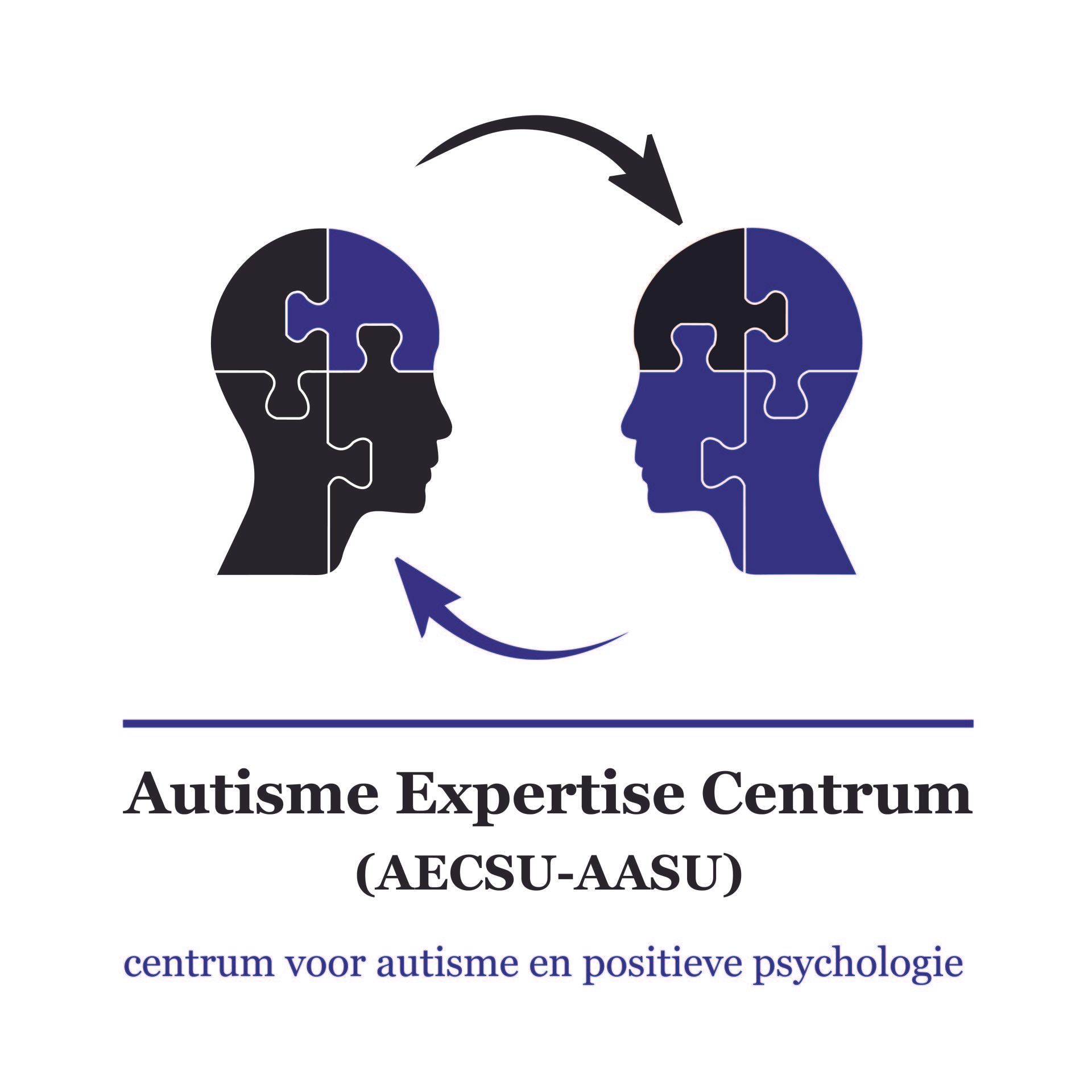Music therapy from the Positive Mind Method
What is music therapy?
Music therapy is a research-based health profession that uses music to help clients achieve their therapeutic goals. But what exactly does that mean? “Research-based” indicates that the techniques and methods music therapists use are based on research conducted at many universities and institutions around the world. At the Autism Expertise Center, research is continuously conducted in collaboration with universities and institutions (worldwide) to identify and implement new intervention strategies. “Health profession” means that music therapy is a field that is based on rehabilitation and medical models. “Uses music to help clients achieve their therapeutic goals” means that music therapists help clients work toward goals. For example, a music therapist working with a client with nonverbal autism may achieve the goal of increased communication through the use of an argumentative and alternative communication device. It is important to emphasize that music therapy focuses on non-musical goals. Of course, we use instruments and music to address these goals, but our primary goal is not to teach clients how to play an instrument or how to read music. It is all about using music to help people with autism learn and improve developmental skills such as motor or speech/communication skills. When we are dealing with a person with autism with an interest in music we will see that from this area of interest an effective result will be achieved by working with his/her area of interest in this case music. What are the benefits of music therapy? At the Autism Expertise Center we work from the Positive Mind Methodology (for more information see button at the bottom of the text). Our therapists and Positive Mind Autism Coaches focus on therapeutic goals in the following areas: • Social skills development – During individual sessions and music therapy groups, clients practice greetings, gymnastics, eye contact, questions, self-expression, cooperation, etc. through musical activities. • Social-emotional – Music therapists write personalized songs to teach a client how to identify feelings and how to use coping strategies when they feel overwhelmed. Musical social stories are also an effective way to address these goals. • Behavioral – Engaging music is used to help a client maintain attention on an activity. Musical activities that incorporate wait time and impulse control help develop these behavioral skills. Musical social stories are also used to address behavioral goals. • Speech and Communication – A music therapist writes personalized songs to sing with a client. These fun and motivating songs isolate speech sounds and have a lot of repetition built in. Musical activities and instruments are used to motivate the use of verbal language. • Fine and Gross Motor – Instruments are used to practice fine and gross motor skills. Movement-oriented musical activities are used to motivate a client to sit up, crawl, walk, jump, etc. • Academic – Academic information can be put into a song format to improve recall. A classic example of this is the “ABC” song. • Self-Esteem – Through success-based musical activities, clients are given the opportunity to be heard, express themselves, and feel good about their accomplishments. Where Does Music Therapy Take Place? Music therapy can be provided at home, at school or in a clinical setting. Music therapy is provided at our locations 't Gooi (Netherlands) and Istanbul (Turkey). Music therapy is provided by a therapist or under the guidance of a therapist by a Positive Mind Autism Music Coach.











